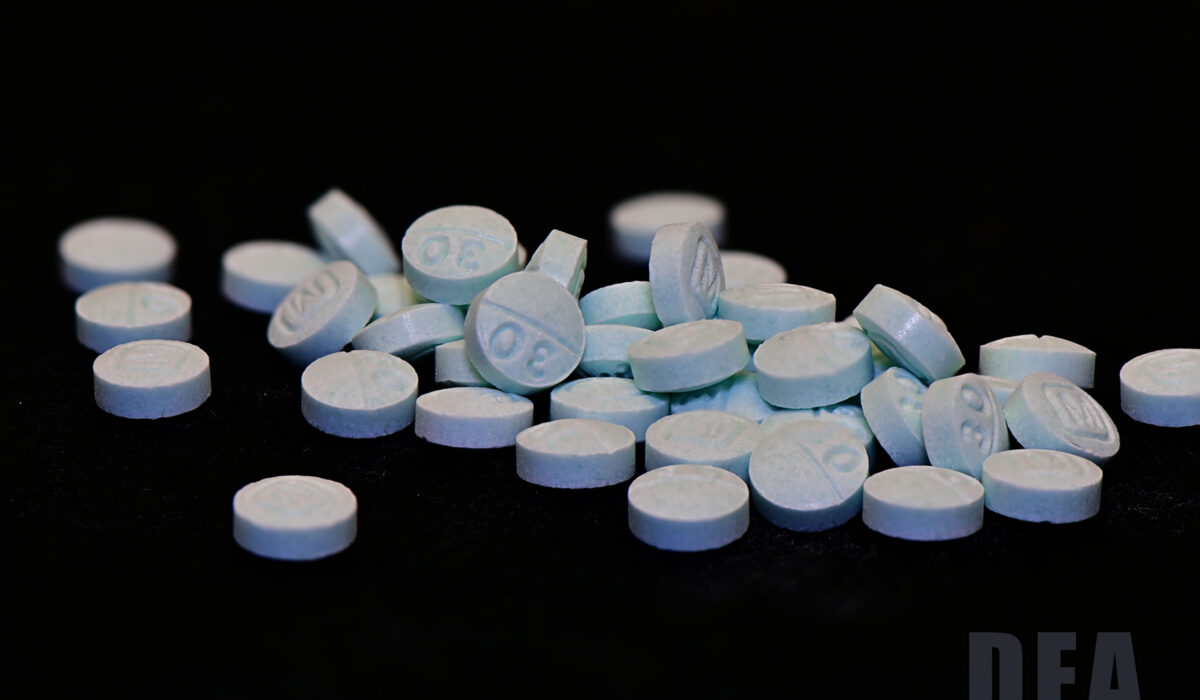What is Fentanyl?
Fentanyl is a powerful synthetic opioid that is 50 to 100 times more potent than morphine. Originally developed for medical use to treat severe pain, particularly after surgery or for cancer patients, fentanyl has found its way into the illegal drug market. Its high potency makes it extremely dangerous, and even a small amount can lead to overdose and death. The rise of fentanyl misuse has contributed to a significant increase in opioid-related deaths, making detox and rehab for fentanyl addiction more critical than ever.
The Importance of Fentanyl Detox and Rehab
Detoxification, or detox, is the first crucial step in the recovery process for individuals addicted to fentanyl. It involves clearing the drug from the person’s system, managing withdrawal symptoms, and stabilizing the patient. Due to fentanyl’s high potency, withdrawal can be particularly severe and requires medical supervision to ensure safety and comfort.
Rehabilitation, or rehab, follows detox and focuses on treating the underlying causes of addiction, providing coping strategies, and equipping individuals with the tools needed to maintain long-term sobriety. Rehab is essential because detox alone does not address the behavioral, psychological, and emotional aspects of addiction.
How Fentanyl Detox Works
Fentanyl detox involves several stages, each designed to help the individual safely and comfortably transition from physical dependence to recovery.
1. Medical Assessment
Before detox begins, a thorough medical assessment is conducted. This includes evaluating the patient’s physical and mental health, the severity of the addiction, and any co-occurring disorders. This assessment helps create a personalized detox plan tailored to the individual’s needs.
2. Stabilization
During stabilization, the patient undergoes the actual process of detoxification. This phase can last from a few days to over a week, depending on the severity of the addiction and the patient’s overall health. Medical professionals monitor the patient 24/7, managing withdrawal symptoms and providing medications as needed to ease discomfort. Common withdrawal symptoms include:
- Intense cravings
- Nausea and vomiting
- Muscle aches
- Anxiety and depression
- Insomnia
3. Transition to Rehab
After the initial detox phase, the patient is prepared for the next step: entering a comprehensive rehab program. Transitioning smoothly from detox to rehab is crucial for maintaining momentum in the recovery process and preventing relapse.
Components of Fentanyl Rehab
Fentanyl rehab and fentanyl addiction treatment is a multi-faceted approach that includes various therapies and support systems designed to address the complex nature of addiction.
1. Individual Therapy
One-on-one counseling sessions with a licensed therapist help patients explore the root causes of their addiction, understand their triggers, and develop personalized coping strategies. Cognitive-behavioral therapy (CBT) is commonly used to help patients change negative thought patterns and behaviors associated with addiction.
2. Group Therapy
Group therapy provides a supportive environment where individuals can share their experiences, gain insights from others, and build a sense of community. It helps patients realize they are not alone in their struggles and fosters a supportive network that can be crucial during recovery.
3. Family Therapy
Addiction affects not only the individual but also their loved ones. Family therapy sessions aim to heal relationships, improve communication, and build a strong support system. Involving family members in the recovery process can significantly enhance the chances of long-term success.
4. Holistic Therapies
Holistic therapies such as yoga, meditation, and art therapy are often incorporated into the rehab program. These therapies address the mind, body, and spirit, promoting overall well-being and reducing stress.
5. Aftercare Planning
Recovery is an ongoing journey, and aftercare planning is essential for preventing relapse. Aftercare programs may include ongoing counseling, support groups, and resources to help individuals stay on track. Developing a strong aftercare plan ensures that patients have the support they need once they leave the rehab facility.
Why Fentanyl Detox and Rehab is Crucial
Fentanyl addiction is incredibly dangerous and can quickly lead to fatal overdoses. Detox and rehab are crucial for breaking the cycle of addiction and giving individuals the tools they need to live healthy, drug-free lives. The structured environment of a rehab center provides the necessary support, resources, and medical care to navigate the challenging path of recovery.
Get Help Today
If you or a loved one is struggling with fentanyl addiction, don’t wait to seek help. At New Day Rehab Center in Lancaster, CA, we offer comprehensive detox and rehab programs designed to help you overcome addiction and reclaim your life. Our compassionate and experienced team is dedicated to supporting you every step of the way.
Take the first step towards a healthier, happier future. Contact New Day Rehab Center today at 877-734-2244 and begin your journey to recovery.

